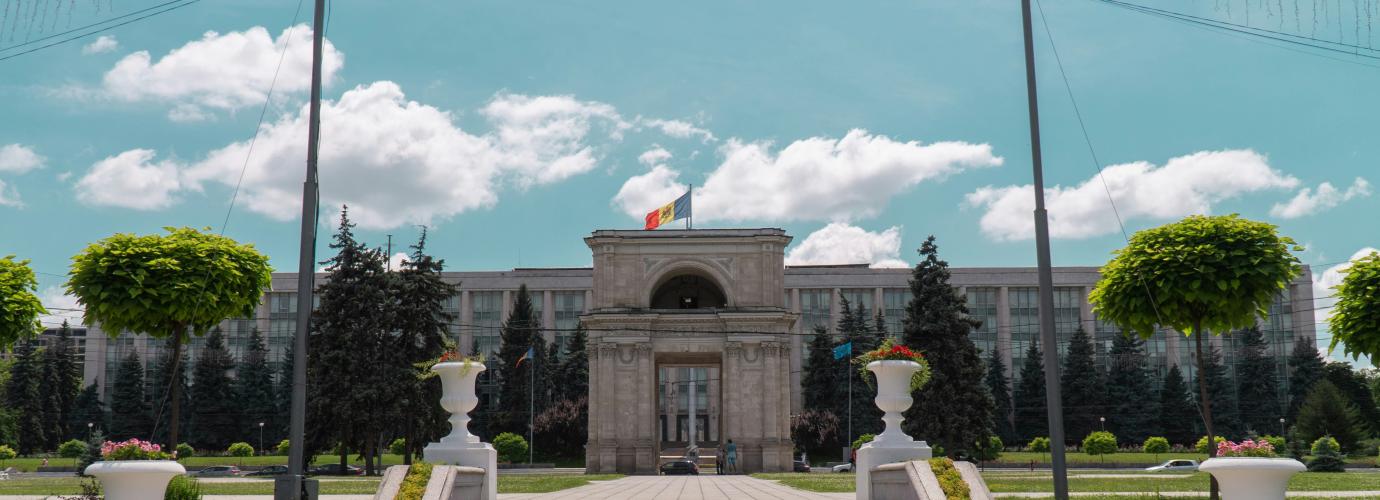In the Republic of Moldova, primary education is a fundamental level of the education system, comprising the grades from 1st to 4th. Primary education is compulsory and free of charge for all children aged from 7 to 11. The curriculum is designed to develop basic skills in areas such as mother tongue, mathematics, natural and social sciences, as well as practical and artistic skills. The curriculum is tailored to encourage a thorough understanding of the subjects and to stimulate pupils' creativity and critical thinking. Primary schools are regulated by the Ministry of Education and Research (MER) of the Republic of Moldova and are staffed by specialised teachers, with the aim of providing a safe and stimulating environment for the harmonious development of each pupil.
Within the education system organised by levels and cycles, according to the International Standard Classification of Education (ISCED-2011), primary education in the Republic of Moldova is at level 1.
In the Republic of Moldova, all children have access to primary education, an essential element of the educational process. According to the Education Code of the Republic of Moldova, primary education institutions are called primary schools and can be of two types: public or private. Primary education in public schools is free, making education accessible to all children.
The mission of primary education is to contribute to the formation of the child into a free and creative personality and to ensure the development of the skills necessary for further studies in secondary education. Primary education institutions are responsible for ensuring respect for the rights and safety of the life and health of children and pupils while they are in the institution.
These institutions have various tasks, including ensuring quality education, identifying and helping children with learning difficulties, providing opportunities for personal development for those with special abilities, and providing assistance to those in need, in cooperation with social welfare institutions. Primary schools also ensure the harmonisation of the school component of the curriculum with the educational requirements, interests and preferences of children and pupils.
In the Republic of Moldova, public primary education institutions are established, reorganised or liquidated by the local public administration authorities of the second level and by the Autonomous Territorial Unit (ATU) Gagauzia. These authorities are responsible for the proper functioning of the institutions in accordance with the regulations and standards approved by the Ministry of Education and Research.
The academic year in primary schools starts on September 1 and is structured over 33 weeks, divided into relatively equal semesters. The period, number and duration of vacations, as well as the duration of classes in the primary education are established by the Ministry of Education and Research.
The organisation of primary education generally takes place in the first half of the day. For children with learning difficulties due to disabilities, there are additional education options such as distance learning, home education or individual study.
Schooling becomes compulsory after the age of 7. For children who have not reached this age by the beginning of the school year, schooling may be at the request of parents or legal representatives, depending on the degree of psychosomatic maturity, confirmed by specialists, as established by the Ministry of Education. All the children from the appropriate school district are compulsorily admitted in the first grade, with no competition tests. In classes with art or sport profile, admission in first grade may be subject to aptitude tests specific to the profile.
Primary education may also be organised in groups or classes with prolonged programmes, financed from budgetary and other sources, as established by the Ministry of Education. Primary education may also be offered in boarding schools for orphaned children or children without parental care, in resort institutions for those with chronic diseases, as well as in special education institutions, penitentiary institutions and medical institutions.
Primary education ends with the national test, organised according to the methodology approved by the Ministry of Education.

